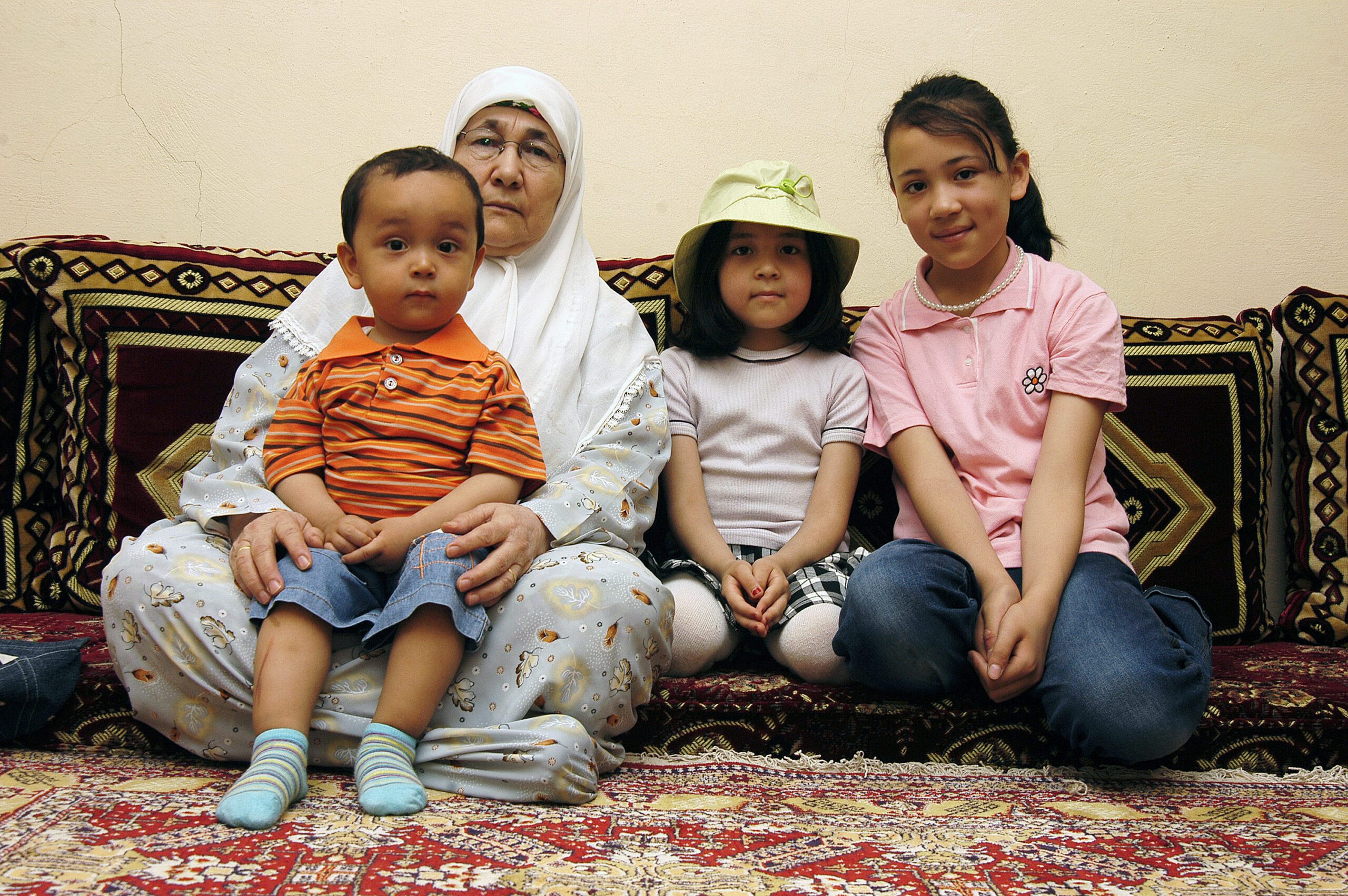For newcomer families to succeed in the U.S., it is critical to look beyond economic self-sufficiency to other elements of family wellbeing. In October 2021, the Office of Refugee Resettlement (ORR) issued new Family Self-Sufficiency Plan requirements for those receiving employment-related Refugee Support Services (RSS). This new guidance requires, a “whole-family approach” to addressing barriers to employment and economic self-sufficiency. It asks that FSSPs be done with each member of the family in the household so that each individual receives a meaningful and measurable baseline assessment of their initial needs, goals, and referral(s) for services. Follow-up assessments to assess progress, address barriers, and adjust goals are required at 6 and 12 months. New reporting requirements require case-level reporting on the goals and progress of each member of the household.
Why did ORR implement the FSSP?
The FSSP requirements are the result of an ORR working group’s efforts over multiple years to determine the best approach to broaden the focus of self-sufficiency planning with families and collect additional data on client wellbeing. This effort stemmed from a desire to look beyond the ongoing focus on client economic self-sufficiency to include other elements of family wellbeing. Key considerations of the new plan include assessing how the needs and referrals to services for all family members can impact family self-sufficiency.
Collecting and analyzing FSSP data is intended to be useful for not only ORR, but also for states and providers. The goal is to find the right balance between data needs and data collection and reporting burden; and ultimately, the value of the approach for clients and families. ORR will make the data submitted in the ORR-5, including FSSP data, available to states and providers via Tableau data dashboards to support them in visualizing, interpreting, and acting on their data.
While new whole-family case planning and data requirements present challenges, particularly in an environment where staff are already overstretched, they also provide important opportunities.
How can the FSSP benefit service providers and clients?
The new FSSP approach has potential benefits for states, providers, and the clients they serve. It can help:
- Build relationships with all household members: The new requirements provide an opportunity for each family member to reflect on their current situation and identify strengths and barriers, helping providers to support them in identifying and meeting their personal goals. This helps build positive, ongoing, goal-oriented relationships with each member of the family in the household.
- Enable more nuanced discussions within ORR, between ORR and states, between states and service providers, and within organizations and program teams: These essential conversations can be about the challenges families face in achieving self-sufficiency; what different individuals in a household identify as their goals and pathways to achieving them; the services and supports different family members may need; and—critically—the resources and coordination that providers need to be able to deliver them.
- Increase equity: The data collected will provide a missing baseline in information about how families are faring in the first year. This is essential to integrating Diversity, Equity, and Inclusion (DEI) principles into the RSS program and helping ensure equal outcomes for all, regardless of gender, ability, or other social identities. Having case-level data will enable resettlement providers, SRCs, and ORR to disaggregate the data to, for example:
- determine how well goals are being reached for different populations;
- see where goals are similar and different for different populations;
- understand how clients engage with service providers over time; and
- explore how providers can be more targeted with services.
- Inform appropriate RSS funding: FSSP data can help determine whether RSS dollars are allocated to services that are most needed.
“Reporting on goals helps ORR identify what the needs are. We have a lot of beliefs about what needs are, but if we find clients have other goals that aren’t part of priorities now, it helps ORR make data-driven decisions about funding, outreach, training, etc.”
Office of Refugee Resettlement Tweet
- Guide advocacy efforts: The FSSP revamp helps inform advocacy for a whole-family approach with a focus on more than economic self-sufficiency.
- Improve monitoring: Finally, the FSSP approach aligns with ORR’s evolving shift from what has been predominantly compliance-based monitoring to outcome-focused monitoring.
Capacity Considerations
Having a shared understanding of and belief in the value of the new FSSP process and data does not negate the fact that staff need the capacity to engage in the process, to efficiently collect and enter high-quality data, and to collaboratively analyze and reflect on it.
Since Operation Allies Welcome, the resettlement environment in the U.S has dramatically changed, while the FSSP expectations have not. Moving forward, it will be important to include adequate budget in annual budget submissions to hire the necessary number of case managers and monitoring and evaluation (M&E) staff. These roles will help carry out this important work—from data collection, entry, and quality assurance, to reporting, analysis, interpretation, and use. It will also be important for agencies to share good practices and solutions and for ORR, states, and providers to ensure that data collected is in fact being used and serving its intended purpose.
To learn more about budgeting for monitoring and evaluation, see the following resources:
- M&E Plan Template and Checklist
- Budgeting for Research and Evaluation Tipsheet & Checklist
- Research/Evaluation Time & Effort Calculator
Do you have promising practices to share about the Family Self-Sufficiency Plan (FSSP)?
Email Switchboard@Rescue.org!










